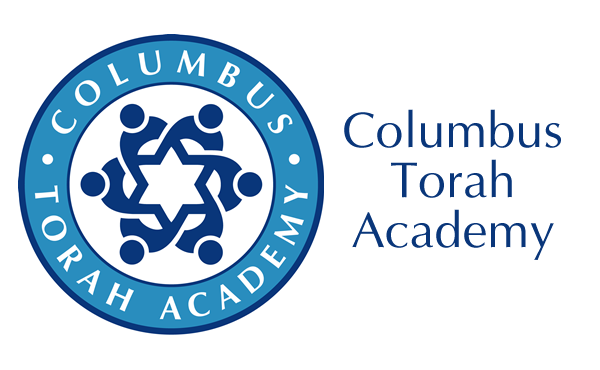Lower School
English Language Arts
The goal of the English Language Arts curriculum is to allow all students to learn to read and write with confidence. Literacy is integrated within the following conceptual areas:
- reading (phonological awareness, phonemic awareness, vocabulary development, background knowledge, grammar, text complexity, reading fluency, and comprehension),
- writing (genres and audience, writer’s craft, responding to reading, analysis, research, and publishing),
- speaking and listening (flexible communication and collaboration), and
- language (conventions, effective use, organization, and vocabulary).
In grades K-2, the Fundations curriculum by Wilson is used primarily and other supplementary phonics programs are woven throughout. These programs are grounded in the science of reading and use multisensory techniques in order to provide structured and explicit reading instruction.
To develop robust reading comprehension, students are given the opportunity to explore a variety of genres and mediums which allows for them to not only comprehend but critically analyze texts. Teachers have shown exceptional dedication to literacy instruction and students grow remarkably each year, developing their identities as readers and writers.
We use a balance of literacy skills and growth measurement tools to ensure students are learning on pace and receiving intervention when necessary.
- DIBELS Early Literacy Assessment is given K-3 as both a dyslexia screener and to provide data to inform instruction and intervention.
- The MAP Growth Assessment is administered 3 times per year to grades 2-6 in order to measure reading achievement and growth, identify intervention and enrichment areas, and inform instruction.
Results of both assessments are shared with families. Classroom-level assessments are shared with families when appropriate and used to inform instruction or to reflect upon with colleagues. The Lower School faculty collaborates over student growth data to ensure we are developing the unique potential in each student.
Video
Gliding Our Way Through a CTA Day
Resources
Resent Posts
Photos 2023-2024
Click on "Open in New Window" icon in top right of each slide show to open and view easier.[embed-google-photos-album link="https://photos.app.goo.gl/wtMZ7FuCVtHXENWV8"...
Slides
CTA Facilities Calendar
The Facilities Calendar shows internal use of public spaces and any daily activities that are outside of the normal daily class schedule. To schedule an event or reserve a room, click here or send an email of the event with date(s), time(s) and location to...
Learn More
Schedule a Tour
The best way to get to know CTA is through a private tour. Arrange a time to come and see our classes in action!
 Calendar
Calendar
